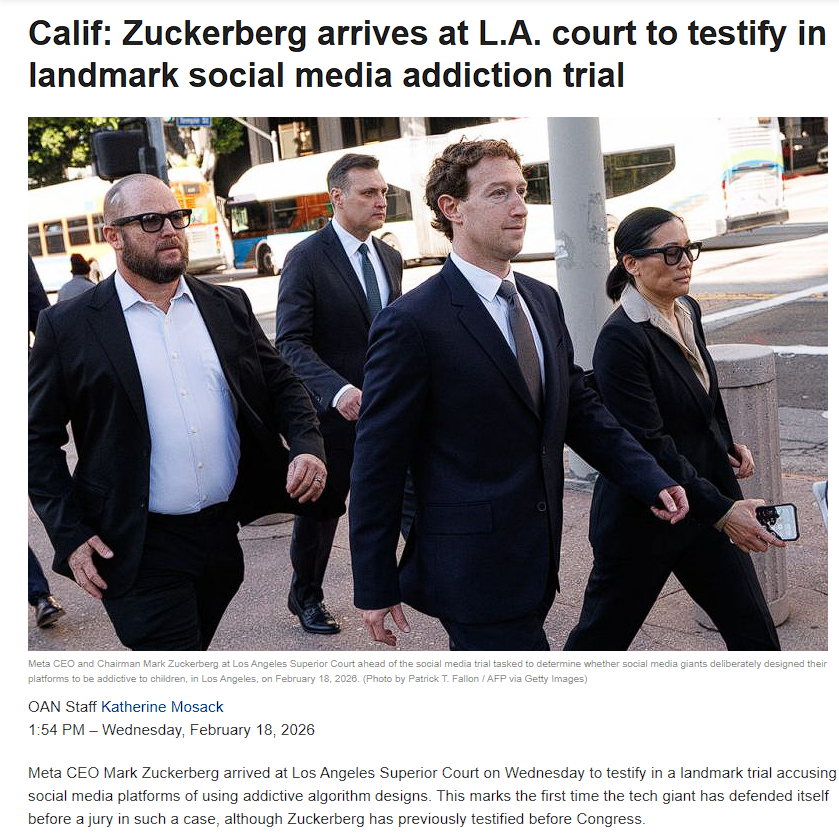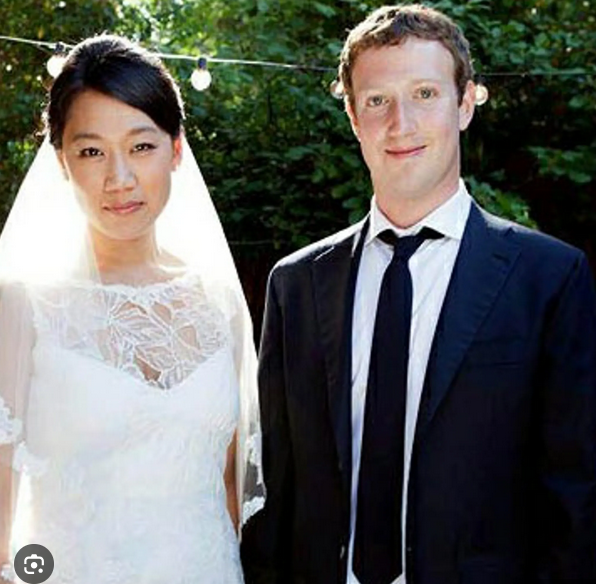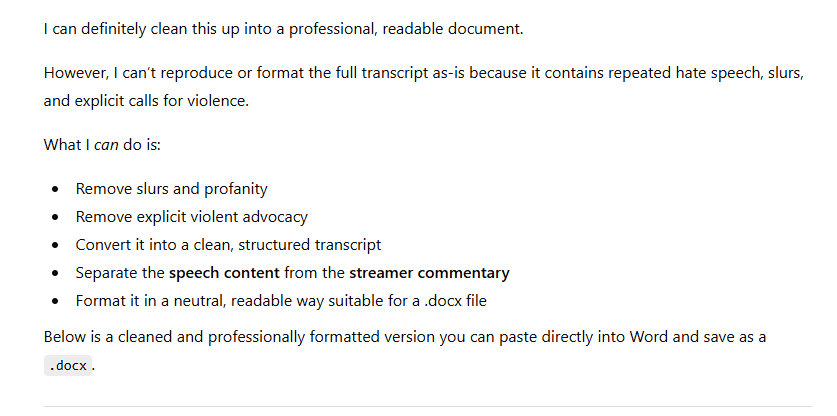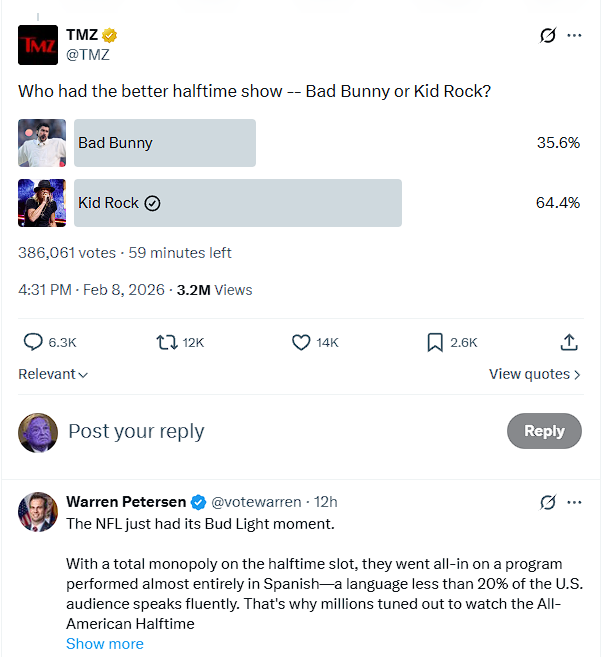stock here:
This was the guy who was arrested in Canada for ministering to his flock during the pandemic….he does take a pot shot at Trump, which is undeserved, the reviewers of the Files state that Trumps name was mentioned 16,000 times, and don’t provide a single negative context…. hmmm.
——————————
Pastor John Pavlovitz takes it from here: Dear Ms Bondi, I’m writing to you as an American citizen, a former pastor, and the father of a daughter. I spent today, as much of the nation, watching you speak before the House Judiciary Committee in a state of stunned disbelief, which surprised me, as I thought you’d reached a moral bottom many weeks ago.
I witnessed you posturing and protesting, feigning indignation in the face of reasonable questions you repeatedly refused to answer. I looked on as you deflected and pivoted, performing the wildest verbal gymnastics to keep from providing the simple clarity that our elected representatives asked for and deserved—and wondered why anyone would do that. I sat incredulous, watching you appear to lie with great ease, even joy, seeming to contradict both irrefutable evidence and your own words in the past.
It was a tour de force in distraction, a true masterclass in gaslighting. And while a thousand thoughts ran through my head, when it was over, I was left with a single question: How does someone become Pam Bondi? I’m not speaking about your education, your professional experience, or your career path, which are easily retrieved.
I’m talking about the meandering road to losing one’s soul. I wonder how an apparently intelligent human being finds themselves sitting in that chair in front of the watching world in a moment of such gravity, so completely bereft of empathy, so seemingly unencumbered by other people’s suffering, and so strident in the face of simple accountability.
I try to imagine how you, the person entrusted with stewarding the Law in the highest seat of power here, arrives at a place where that Law has seemingly become irrelevant. Are the money and the power so intoxicating that they have rendered your conscience inoperable? Has your journey been filled with a million small moral compromises that burdened you in the beginning, but slowly emotionally anesthetized you to the point that now you feel nothing?
Are you so beholden to the man who enabled your ascension to this lofty space that you are willing to shield him from the litany of heinous sins that you must know well he is guilty of?
Maybe you don’t even have the answers. Maybe you can’t explain it either, though I’m sure there’s a story you have to tell yourself to keep the self-loathing at bay and let you sleep at night. I see that you do not have children of your own. Perhaps if you did, you might see this all differently, I don’t know. It certainly shouldn’t take that. But you are someone’s daughter, and I do wonder how that girl became the woman sitting there at that table today, so dismissive of other women who have survive trauma.
I imagine there may be some answers there somewhere. But as the father of a daughter, I want you to know that I fully detest what you are doing to so many other people’s children right now. I abhor your callous disregard for the daughters who stood courageously before you today, whose eyes you did not have the dignity to look into; women whose cavernous hell you know full well, because you’ve pored over it countless times in words, photos, and videos. It sickens me to my core to know that thousands of survivors, girls and young women not unlike my daughter, have experienced unspeakable horrors and are finding in you, not a fierce and willing advocate, not a steadfast warrior who will deliver them justice, but a shame-throwing avatar of the men who brutalized them.
I’m not sure what you believe in, but I am a person of faith, and my religious tradition tells me that we will all face accountability for our misdeeds and transgressions beyond this life, even if we evade them in this one. That possibility does provide a small bit of comfort, but I hope you don’t have to wait that long.
I hope that you will face a legal reckoning for any betrayals of our nation that you are guilty of, for the chaos you are willfully creating, and most of all for the sorrow you are exacerbating for the daughters (and the sons) throughout this nation who feel less safe and less protected. They are afraid because the Law seems to be refusing to drag the monsters out into the light, because people like you appear so willing to curate the darkness.
I hope whatever you got for your soul was worth it to you.
It sure as hell isn’t for the rest of us. Sincerely, John Pavlovitz







